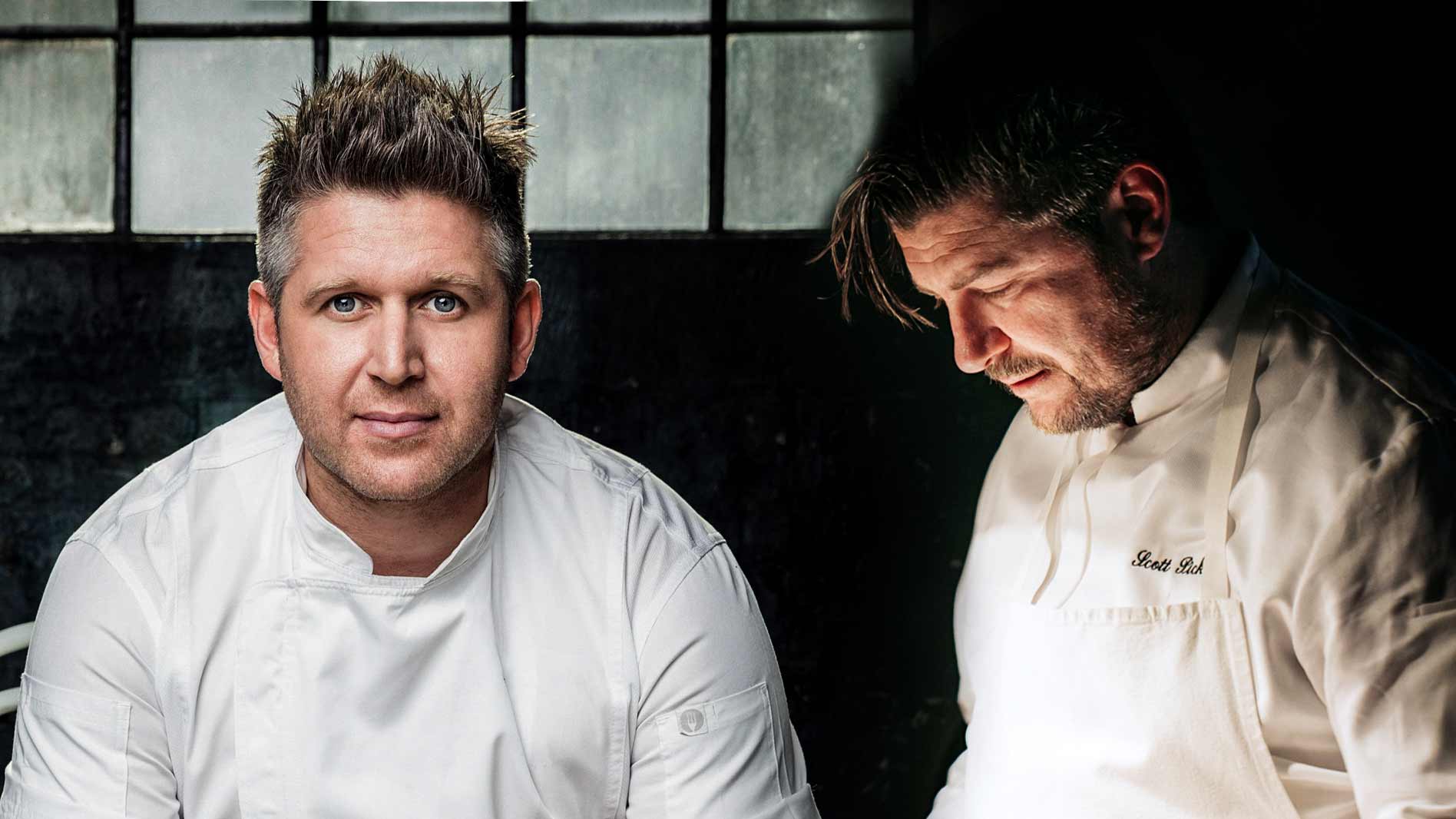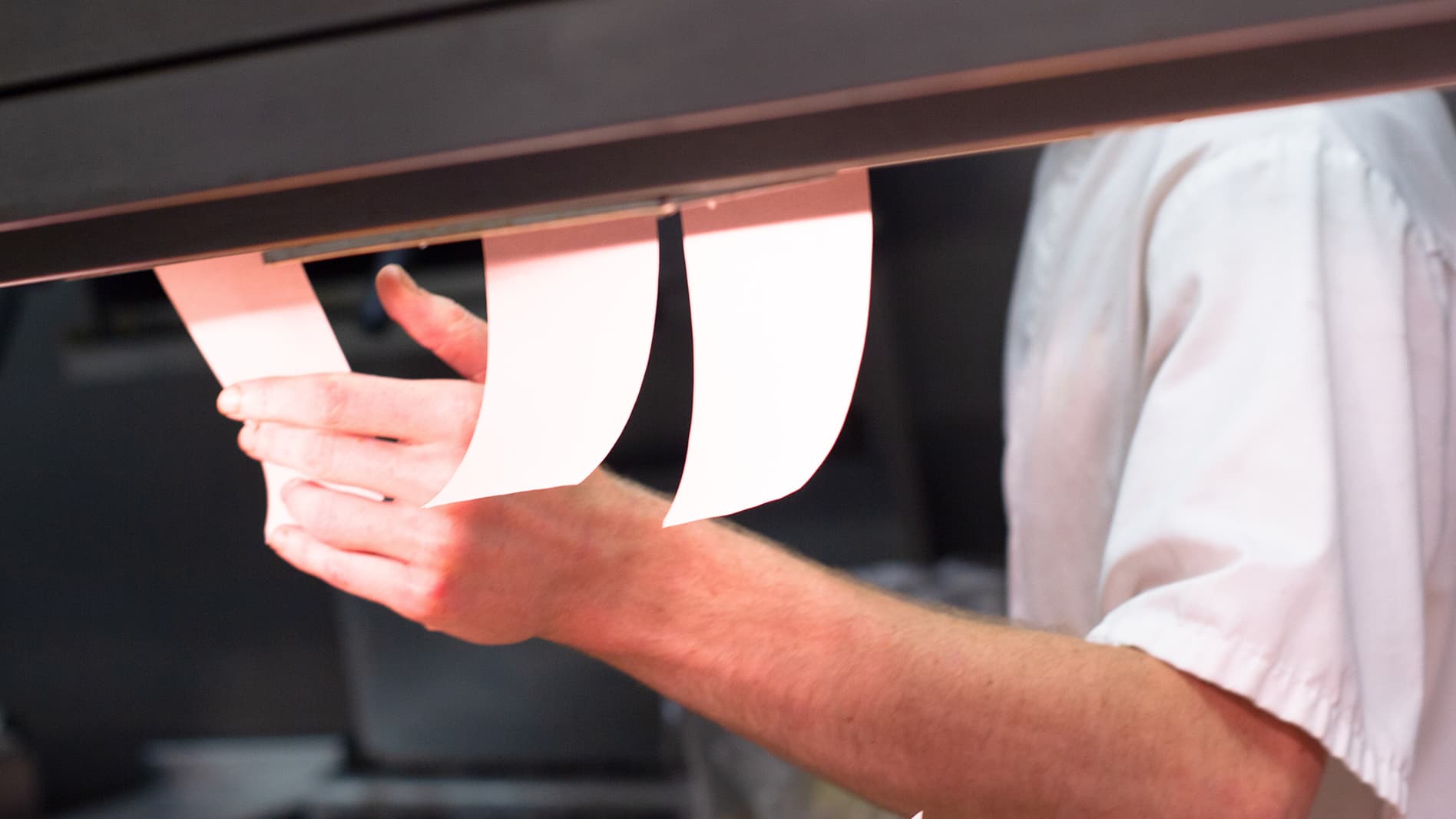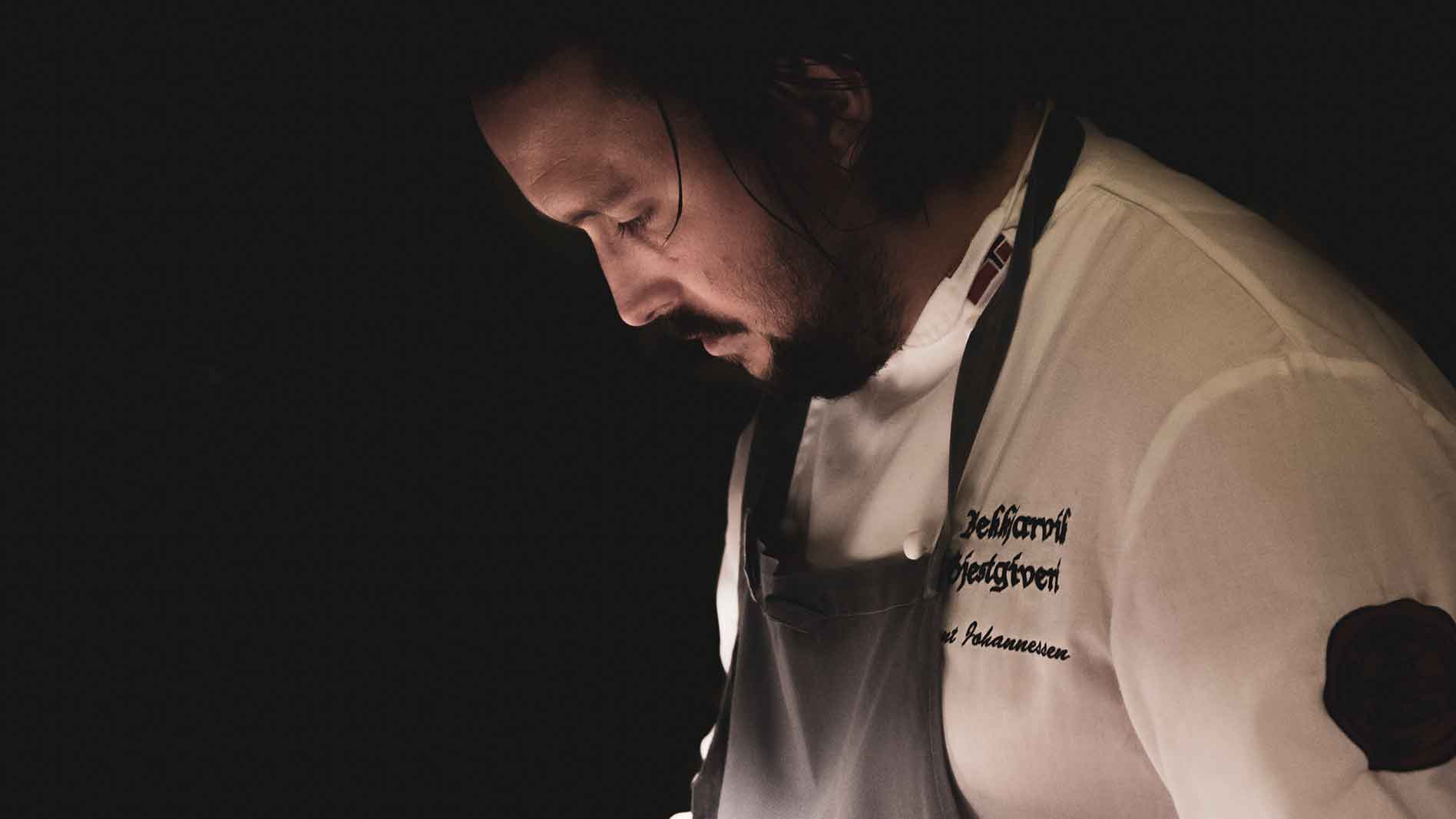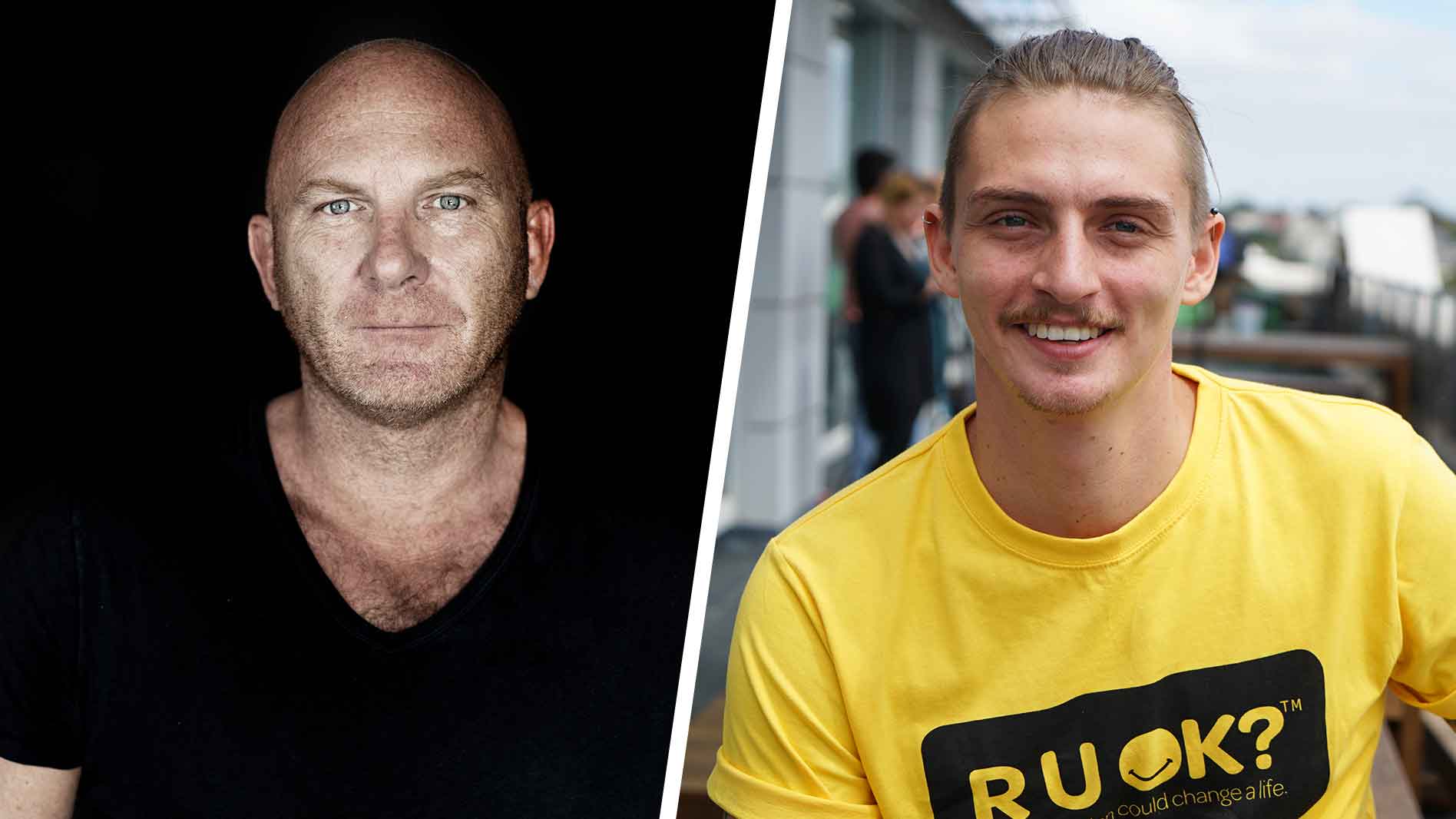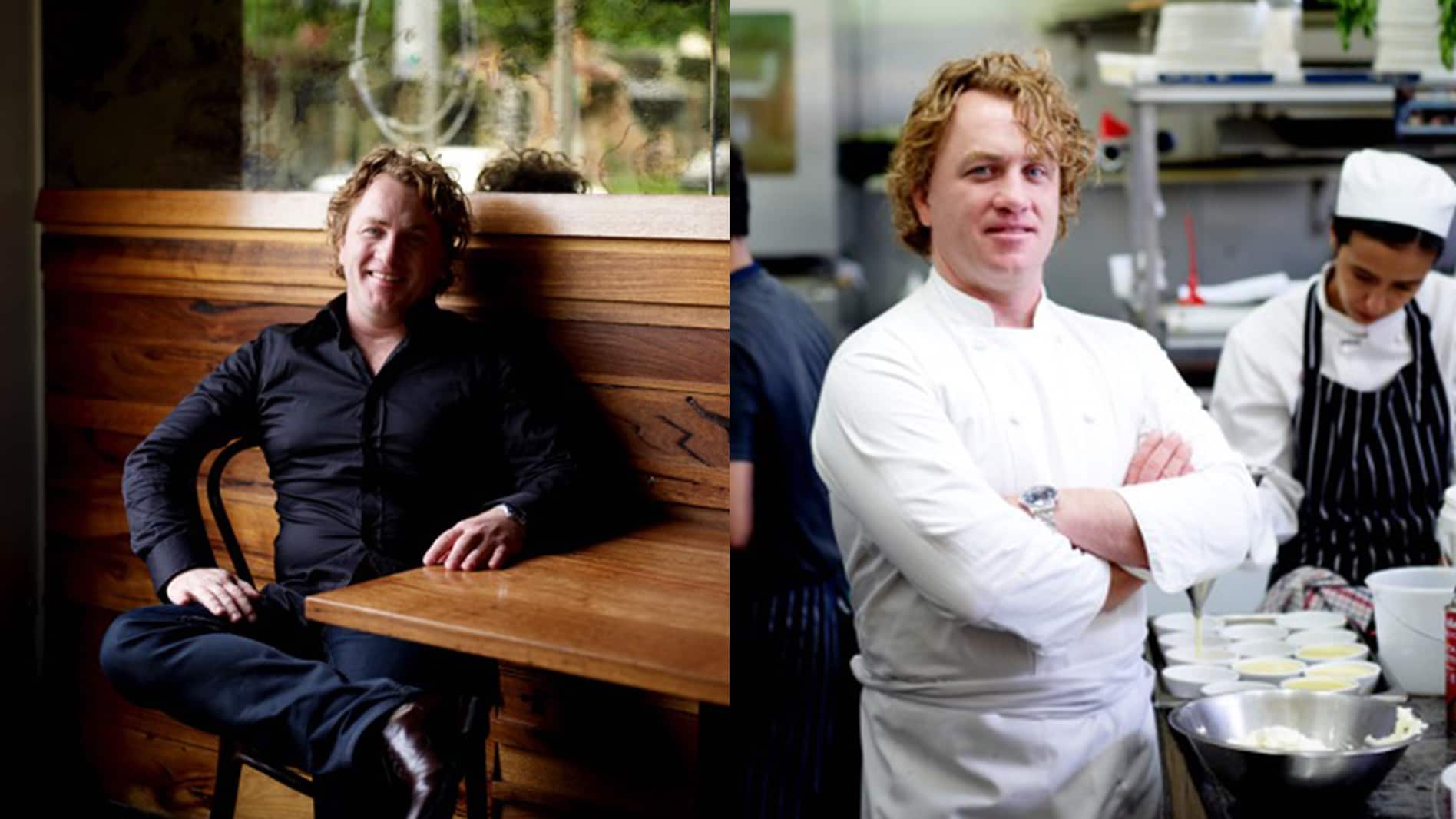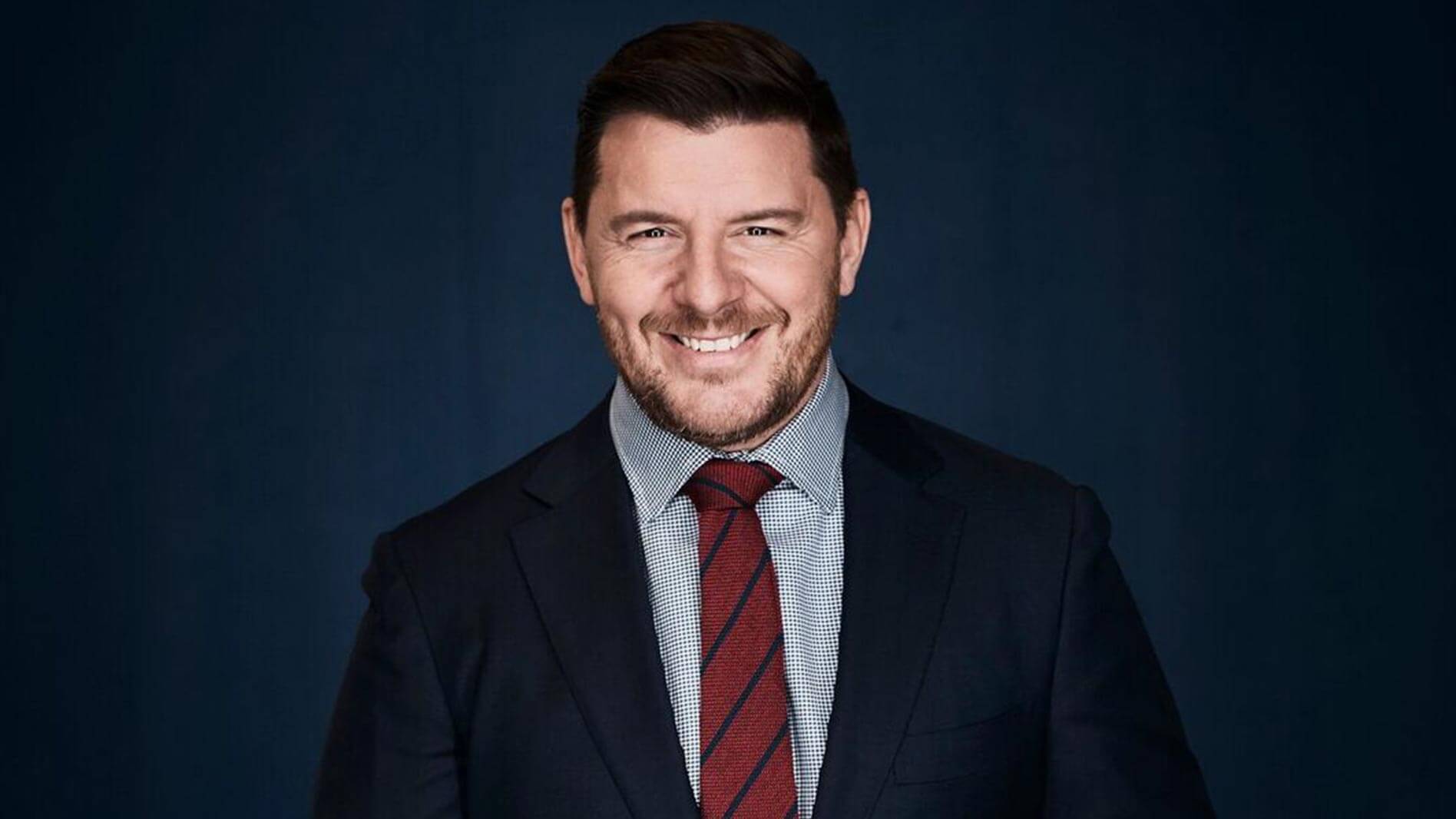
It’s known as a cutthroat, tough and hardworking industry. Now, the unspoken pressure of hospitality has been uncovered, after the industry lost two renowned chefs to mental illness.
Merivale’s Bistrode executive chef, Jeremy Strode took his life on July 17, after a battle with depression. His shock death, which shook the industry, came just three weeks after fellow renowned chef, Darren Simpson claimed his own life following a long battle with alcohol addiction-related illness.
And while the industry continues to mourn the loss of two close friends and fellow chefs, many are using it as an opportunity to shed light on the industry and urge those suffering to speak out and seek help. While speaking to Goodman Fielder Food Service, chef and TV host, Manu Feildel explained that mental illness has been present within the industry for some time, but it’s now time to make a change.
“Some of us are stronger than others, and some are not…there are so many people around them, but when they go home they are just a different person,” the French-born chef said. “You receive one failure, then you get a second and suddenly you just question yourself…you don’t know what goes through people’s minds. Poor Darren had been suffering for years, and it was always kept under the radar.”
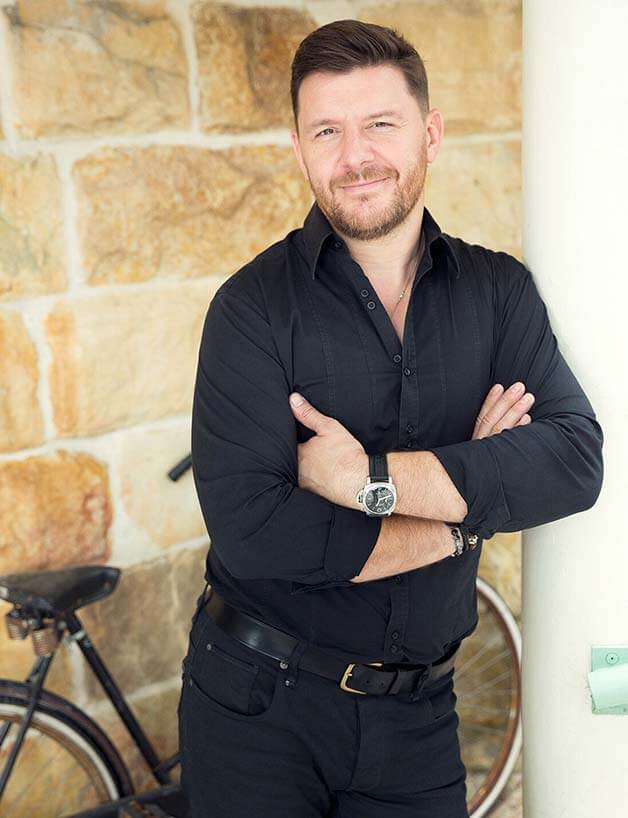
He went on to explain: “Men have this pride that they want to be strong for their teams, strong for their partners, strong for their kids. We don’t like to fail; we don’t like to think we aren’t strong enough to carry all of these responsibilities. Sometimes, some of us can’t decide what to do and think people will be better off.”
Manu added that it was time hospitality helped workers to be more comfortable talking about their thoughts and problems with those around them. “Those who have a mental illness need to talk openly about it, perhaps seek help from a professional,” Manu said. “Sometimes you need to talk to people you don’t know, just to get it off your chest.”
The popular chef added that while he mourns the loss of two close friends, he hopes something good will come from speaking about it, and it will encourage head chefs to talk openly with their staff, to prevent something similar happening again. “Hopefully what happened to Jeremy and Darren will change things in the industry,” he said, adding: “We should talk about this on a daily basis and all of us in the industry, including the media, who feed off the industry, need to make sure everyone around us are in good shape…spend time with your staff and speak openly with them”.
Earlier in the month, Jeremy Strode’s former colleague, Danielle Alvarez told the Daily Telegraph: “You can be working with a bunch of people for so long and still know nothing about them. What Jeremy’s death has done is make me talk to my staff more, one on one, and see what’s going on in their lives. I think that if you nurture your product, you have to start to nurture the people who produce it.”
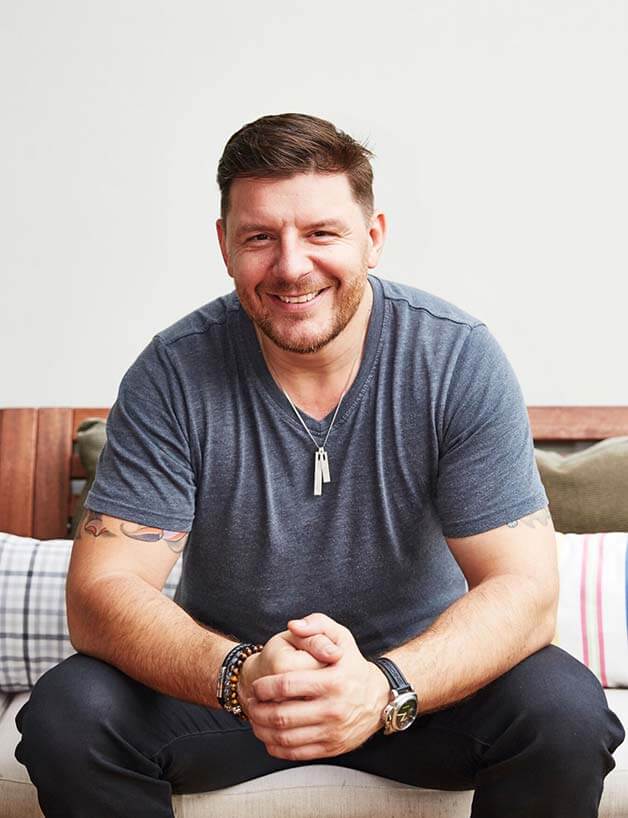
In 2015, Jeremy attempted to unravel the dark side to hospitality as he organised functions for suicide prevention charity, R U OK. During a fundraising dinner, he explained: “The hospitality industry is renowned for its unforgiving nature, adding pressure personally and on our relationships. Having the foresight and taking the time to have a conversation with someone you may or may not know and asking if they’re OK, is a wonderful thing.”
Most recently, Manu opened up about his experience with depression after he was forced to close down one of his Melbourne-based restaurants. “When I opened my restaurant, some of the reviews were pretty cruel and we lost a lot of customers in a very short time…we then decided to close, losing a lot of money in the process,” he explained.
“I went through depression for five months. I thought I wasn’t good enough anymore, I thought I had lost my touch and didn’t know how to run a restaurant anymore,” Manu continued. “The only reason I kept up was because I had my family and friends.
“At the time, I just wanted to be recognised as a great restaurateur and a great chef because being a chef is my life. But I had lost the respect of the food critics because I went on TV. They couldn’t do both and shouldn’t be considered as a chef anymore,” Manu said. “But, it doesn’t work like that, I had run restaurants and cooked for years, beforehand.”
The My Kitchen Rules co-host went on to explain that mental health in hospitality has been around for some time and that it was caused by stress, long hours and the shortage of staff. “There are many reasons why we are stressing out and having to run a restaurant with inexperienced people is one of them,” he said.

“In many other industries, if you haven’t done something you can leave it for the next day – you can’t do that in a restaurant,” he said. “It is a constant battle to make sure that everything is done well and that everyone is doing their job so that you are ready to deliver an amazing meal to all of your customers.”
Manu added that stress in the kitchen is also caused by the increasing rise in rent and product prices and the recent scrapping of the 457 working visas will add another layer of stress. “If you are not allowed to bring people in from overseas, and we can’t fill the jobs with local workers to help us out, it is going to get tougher and tougher, it’s ridiculous,” he said. “All of these things make it ridiculously stressful and difficult to run a restaurant.”
Ways to look after your staff’s well being:
- Provide employee assistance support;
- Run awareness and educational programs;
- Train managers and supervisors on how to handle mental health situations.
If you or someone you know need help, please contact:
Lifeline, 13 11 14, lifeline.org.au;
Suicide Call Back Service, 1300 659 467, suicidecallbackservice.org.au;
Men’s Line Australia, 1300 789 978, mensline.org.au;
Beyond Blue, 1300 224 636, beyondblue.org.au;
R U OK? ruok.org.au.
